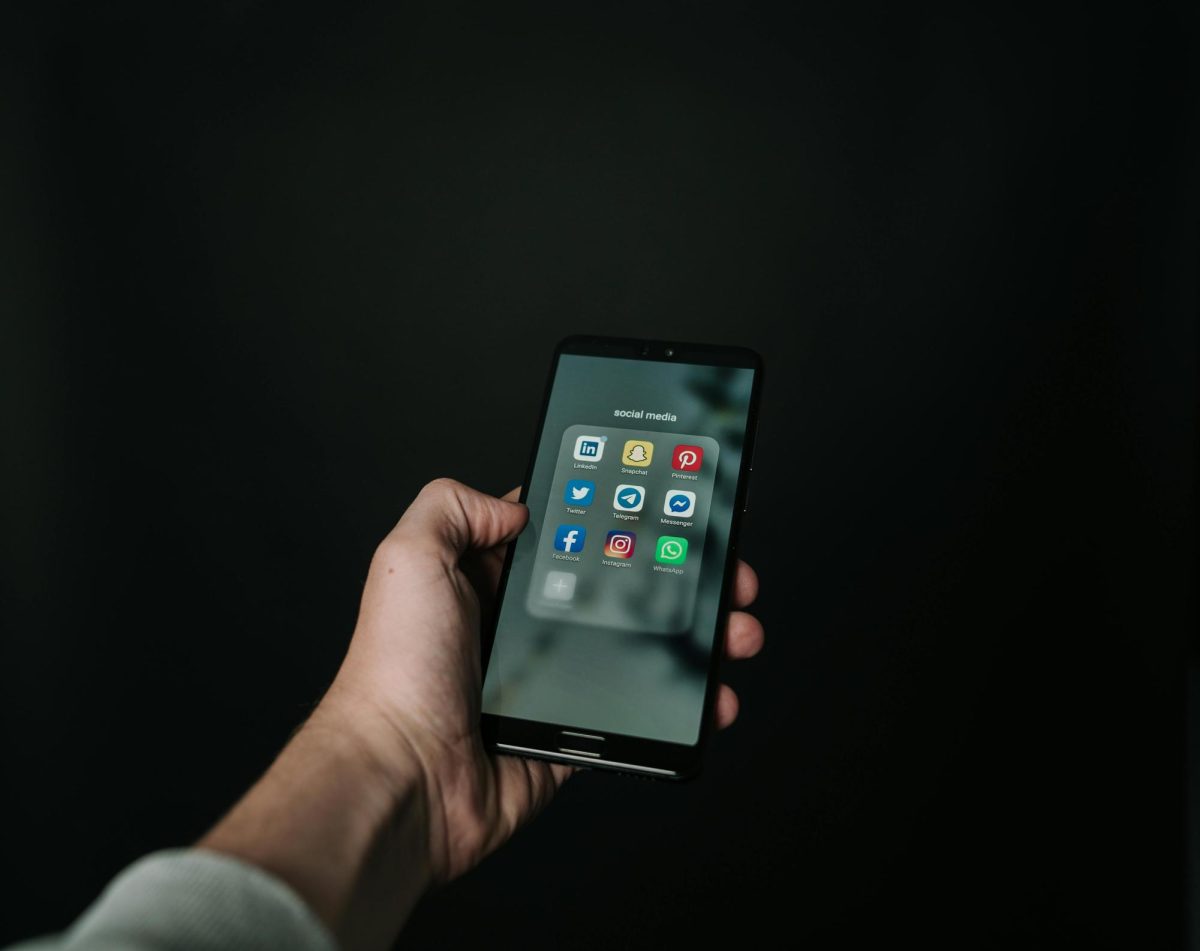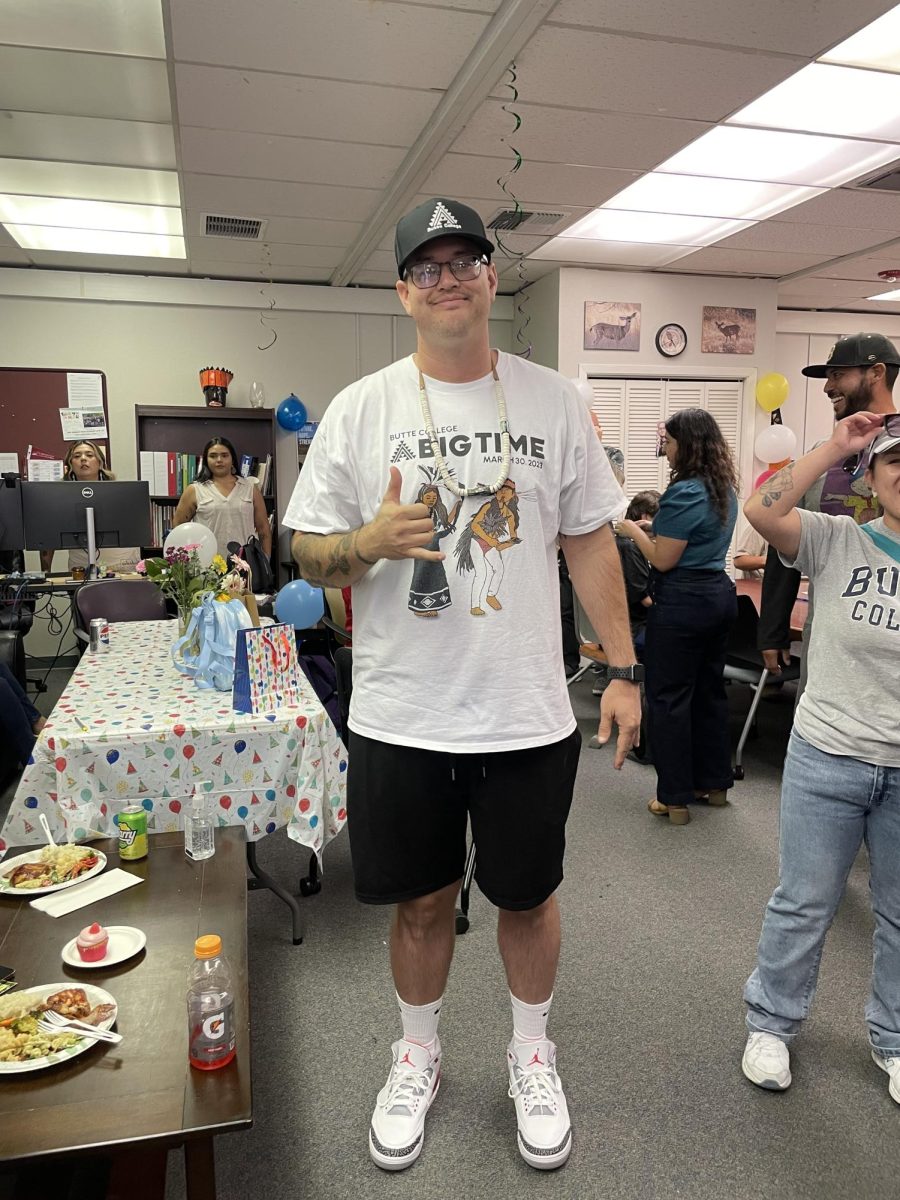I, like many young people in the United States, own an iPhone. I also use Instagram. It’s a good way to stay up to date on what my friends are doing, see what the celebrities I like are wearing or what movies they plan to star in, discover new music and have a laugh now and then to take the edge off. Another thing I inadvertently use Instagram for is, though sometimes problematic, to access news.
When I’m scrolling on my phone, trying to take the day less seriously, I typically will run into a post for a news article that has some intriguing title, it could be as simple as “Why you shouldn’t be cooking with seed oils” or something as convoluted as “UFO spotted in Nebraska.” Whatever it may be, I’m typically drawn in.
The danger in this fact is that anyone, to a certain extent, can post whatever they want on Instagram. Inaccurate news is something that fits into this bracket.
The concept of posting inaccurate news has become much more common in the last five years than possibly ever before, and our society is eating it up, with 54% of American adults claiming to access news through some form of social media.
With this growing trend, it is imperative that we check ourselves and make sure what we are seeing, and in turn believing, is true and accurate. Without this action, we could be basing our beliefs and actions on complete nonsense.
It also could continue to amplify the empowerment of politicians, or anyone with some kind of power over the population already, to sway and weaponize this form of news.
This could be used by said politicians for their own personal benefit rather than the benefit of US citizens for generations to come, and if we think we’ve seen this happen already, imagine what it will look like in 10 or 20 years.
This idea of anyone being able to write and post news based on inaccurate facts on a platform that is so accessible is very likely to magnify and completely evolve the concept of something that has been used to strike fear and start wars for most of human history; propaganda.
Propaganda is not something new to us as a society, the word first coming into common use in Europe around 1622, but the idea has been practiced since as early as 800BCE in Athens through public games, theatre and religious festivals.
It wasn’t until 1914 that the word was popularized in the United States. Now, within the last 25 years, we have made a major development in technology. Little computers that fit into our pockets with the ability of posting our own personal propaganda for the eyes of whomever we want.
Now, this isn’t to say that this idea of personal propaganda is inherently a bad thing. It seems that the TV News networks don’t always touch on the full details of serious situations that US citizens should know about.
Social media, in turn, provides a place where you can see real time documentation of these situations, actual footage of things that our government isn’t willing to put out themselves.’
This has led to a rise in organized protests and anti-authoritarianism from a large portion of the population speaking up for those oppressed and under-represented by the government.
Without the ability of these individuals to share this real time documentation, we would have virtually no way of knowing the severities of some of these realities.
The rise of social media as a main outlet of news is a complex and important topic of 2025. There are so many factors going into how society is able to process this at the moment. Marshal Mcluhan, Canadian philosopher whose work is considered to be vital among the study of media theory, claims that “the medium is the message”.
What he means by this is that the nature and characteristics of the medium that the majority of the population accesses their news from will have a profound and lasting effect on society as a whole.
We haven’t had quite enough time to see what the lasting effect of social media as a main news medium will have on us as a society. We have however seen that it is definitely having a profound effect on us.
This is seen by some reactions to inaccurate news ending in chaotic and sometimes violent actions or beliefs. It’s also shown through responses to real time footage of unjust violence and despair leading to an uprising of protests and activism.
Times are complicated– every day we see something crazier than we did the day before. Social media news is multifaceted. It’s effect on us will be profound and lasting, the good news is we have a certain amount of power over this lasting effect through our perceptions; our ability to decipher facts from fiction, how we react to these facts and our ability to believe that we can work towards more peace and harmony is our society, no matter how unlikely that may seem.







